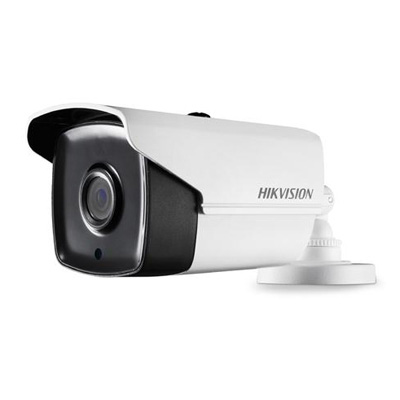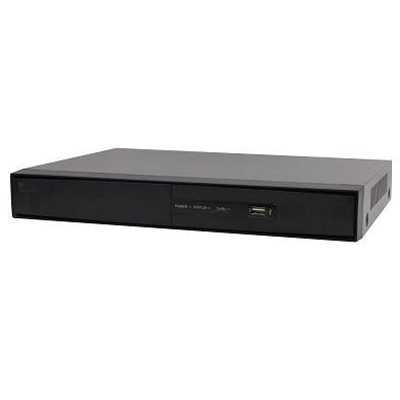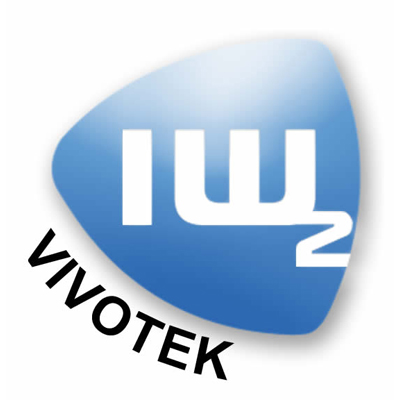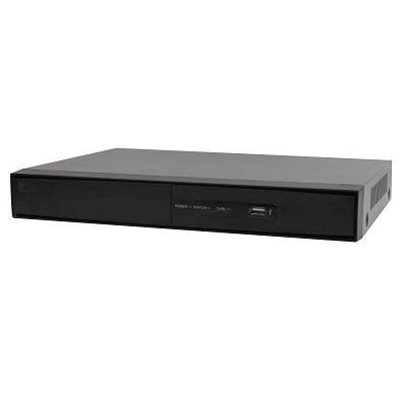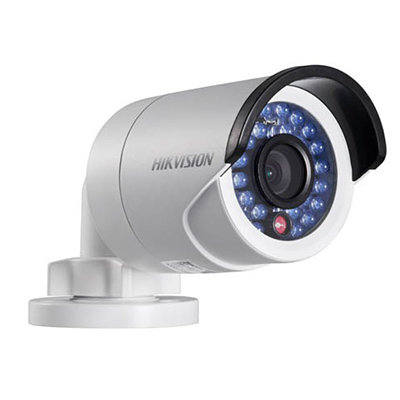JVC Professional Europe Ltd. is pleased to announce the new Pixstar smart WDR analogue camera, the TK-WD9602E. The camera offers an excellent solution for optimising image quality in difficult back-lit areas, such as entranceways. It uses Pixstar technology, based on a multi-shutter Super WDR CMOS sensor, and benefits from JVC’s superior 17-bit DSP technology.
Whether you need to use the camera in an entrance foyer, a railway station, or a high security bank, the TK-WD9602E offers clear standard resolution images at 690HTVL/540TVL and with more than 120dB wide dynamic range. It features a multi-shutter system with precise custom modes, including selecting between 4:3 and 16:9 aspect ratios. The camera features Super LoLux sensitivity of just 0.25 lux in colour, with 52dB signal to noise ratio and 3D dynamic noise reduction. It also has very low power consumption of just 190mA and, with an MTBF figure of 150,000 hours, the TK-WD9602E is exceptionally reliable.







